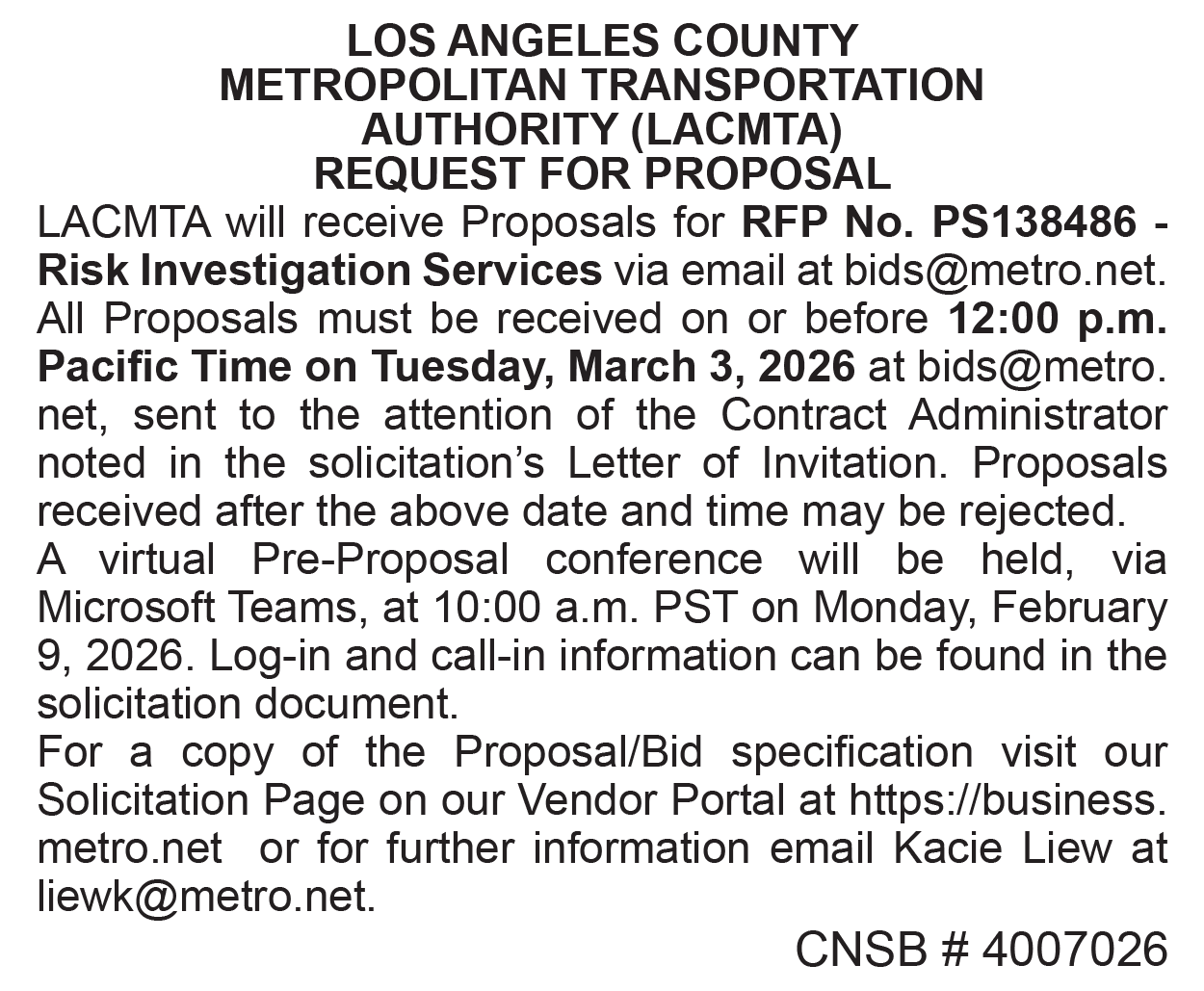Fein: Choosing the Right Drug-Testing Courses
Thursday, December 13, 2018 | 0
A drug-free workplace is a safer place to work, provided the drug testers themselves have passed the test; provided they have done the coursework; provided they have taken the right courses to do their jobs with accuracy and ease; provided the provider of the coursework is himself an expert — a professional who seeks to train like-minded individuals, whose commitment to the collection and testing process is supreme.

Lewis Fein
Finding that person, and taking his courses, is critical not only as a matter of compliance or as an issue of law but as an example of integrity: so that employers can trust the results — and employees need not mistrust the collectors — because excellence governs the process.
For insurers, it is not enough for clients to follow the rules or to obey the letter of the law. Not if companies ignore the spirit of the law. Not if doing the minimum that the law requires enforces the law of unintended consequences in which the quality of the coursework differs — and too many testers take mediocre courses — making it difficult if not impossible to have faith in the process.
According to Andrew Easler of DrugTestingCourses.com:
“States that discount the cost of workers’ compensation insurance in exchange for voluntary drug-free workplace policies: There is a reason these states mandate the methods of sample collection and the procedures testers must follow. Quality training creates standards for chain of custody — and chain of custody all but eliminates the risk of specimen adulteration or substitution.”
I agree with that analysis, as it speaks to the economic and educational values of this subject.
I agree because we can neither afford nor accept uncertainty to cloud the drug-testing process. If we have no confidence in the training men and women receive, if the sole measure of consistency is the frequent inconsistency of how and when someone gathers samples, if the absence of quality makes the process moot — if any or all of these things persist, businesses cannot survive and workers cannot succeed.
Statistics prove this point, while attempts by employees to cheat the system highlight the dangers too many companies face.
That these attempts exist is not an indictment against workers, whose addictions are an expression of personal pain and private suffering. It is, however, a statement of failure about the quality, or lack thereof, regarding the online courses of some drug-testing instructors.
The monetary effects of this system manifest themselves in increased sick days, lost productivity and lower morale, among many other things. The moral effects are a separate challenge altogether, because they are a threat to the very nature of trust.
How can a company do business, after all, if it cannot earn the trust of insurers or enjoy the loyalty of consumers?
How can insurers issue policies and collect premiums if they have no faith in the drug-testing process?
Restoring that faith — no longer having to rely on faith alone — starts with quality coursework, which is a test case in how to train individuals to do quality drug testing, free of haphazard decisions and hazardous decision-makers.
The right coursework is the right course to follow, period.
Lewis Fein is an independent writer who covers law and public policy. This blog post is reprinted by permission from InsuranceThoughtLeadership.com.







Comments